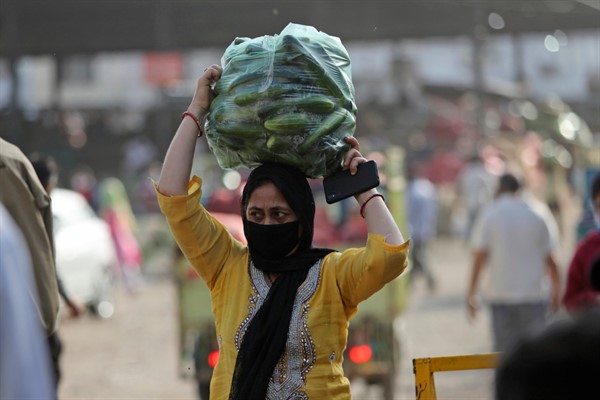In 2015, a report from the McKinsey Global Institute found that up to $28 trillion could be added to global GDP by 2025 if women were allowed to achieve their full economic potential. Yet according to the World Economic Forum, there are more than 70 countries where women are not allowed to open bank accounts or obtain credit. The gender gap in financial account penetration tends to be widest in certain emerging markets, like South Asia, sub-Saharan Africa and parts of the Middle East.
Even when financial services are available to them, women often face bias and discrimination at various stages of the lending process. But the emergence of new financial technology companies and mobile credit platforms, accessible with just a few taps on a mobile phone, could change that, offering loans even to women with little or no credit history. The nonprofit Women’s World Banking recently released a report finding that, “For women, who have historically been the victims of unconscious bias in lending decisions, algorithm-enabled credit decisions could create a level playing field.” However, tapping into that potential will require addressing the myriad forms of bias that can creep into artificial intelligence algorithms.
This week on Trend Lines, Mary Ellen Iskenderian, president and CEO of Women’s World Banking, joins WPR’s Elliot Waldman to discuss the promise and perils of financial technology for women’s economic empowerment. Click here to read a partial transcript of the interview.
Listen:
Download: MP3
Relevant Articles on WPR:
How to Make COVID-19 Recoveries Gender Inclusive
The Importance of Gender Inclusion in COVID-19 Responses
Protecting Our Mental Autonomy From New Technologies
What Google’s Firing of Researcher Timnit Gebru Means for AI Ethics
Trend Lines is edited by Peter Dörrie, a freelance journalist and analyst focusing on security and resource politics in Africa. You can follow him on Twitter at @peterdoerrie.
To send feedback or questions, email us at podcast@worldpoliticsreview.com.




